Distributed Systems Principles and Paradigms
4.5
Reviews from our users

You Can Ask your questions from this book's AI after Login
Each download or ask from book AI costs 2 points. To earn more free points, please visit the Points Guide Page and complete some valuable actions.Related Refrences:
Introduction to 'Distributed Systems: Principles and Paradigms'
Welcome to an exploration of distributed systems, where the complexities of building and managing interconnected software components unfold. "Distributed Systems: Principles and Paradigms" is a comprehensive guide that delves into the core concepts, design choices, and practical aspects of creating efficient distributed systems. Authored by Andrew S. Tanenbaum and Maarten van Steen, this book serves as an essential resource for students, educators, and professionals eager to deepen their understanding of these ubiquitous systems.
Detailed Summary of the Book
The book is structured to provide a clear learning path from fundamental principles to advanced topics in the domain of distributed systems. It begins by laying a solid foundation of definitions and essential concepts, including the architecture, communication, and synchronization of distributed components. As readers progress, they encounter more sophisticated topics such as fault tolerance, consistency models, and the scalability of distributed applications.
Each chapter is enriched with detailed explanations and examples that demonstrate how theoretical principles translate into practical applications. The book also addresses the paradigm shifts brought about by emerging technologies and trends, such as cloud computing and peer-to-peer networks, which have dramatically influenced the design and deployment of distributed systems. These insights make the book not only a source of academic knowledge but also a practical guide for navigating the evolving landscape of distributed computing.
Key Takeaways
- Comprehensive coverage of core principles and advanced concepts in distributed systems.
- Practical insights into the design and deployment of scalable, reliable, and efficient distributed architectures.
- Explanation of the pivotal role of communication, synchronization, and fault tolerance in distributed environments.
- Exploration of modern trends and technologies shaping the future of distributed computing.
- Engaging examples and case studies that illustrate the application of theoretical principles in real-world scenarios.
Famous Quotes from the Book
“A distributed system is one in which the failure of a computer you didn’t even know existed can render your own computer unusable.”
“It’s not often appreciated but implementing a distributed system means cheats are not an option—every design choice can come back to haunt or benefit you.”
Why This Book Matters
"Distributed Systems: Principles and Paradigms" is one of the seminal works that provides both breadth and depth in the field of distributed computing. It has been widely adopted by academic institutions and continues to be a key reference in both undergraduate and graduate courses on distributed systems. With the increasing reliance on distributed architectures to power applications ranging from simple cloud services to complex global networks, understanding these systems is more crucial than ever.
The book's balance of theoretical underpinnings and practical examples equips readers with the necessary skills to tackle real-world challenges. Whether you're a student embarking on a career in technology or a seasoned professional navigating the intricacies of modern computing environments, this book offers the insights and knowledge you need to successfully design, implement, and manage distributed systems.
Free Direct Download
You Can Download this book after Login
Accessing books through legal platforms and public libraries not only supports the rights of authors and publishers but also contributes to the sustainability of reading culture. Before downloading, please take a moment to consider these options.
Find this book on other platforms:
WorldCat helps you find books in libraries worldwide.
See ratings, reviews, and discussions on Goodreads.
Find and buy rare or used books on AbeBooks.
1401
بازدید4.5
امتیاز0
نظر98%
رضایتReviews:
4.5
Based on 0 users review
Questions & Answers
Ask questions about this book or help others by answering
No questions yet. Be the first to ask!
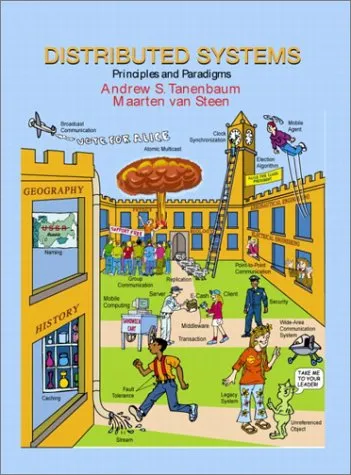

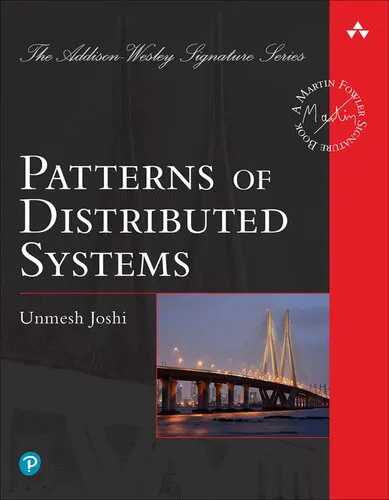

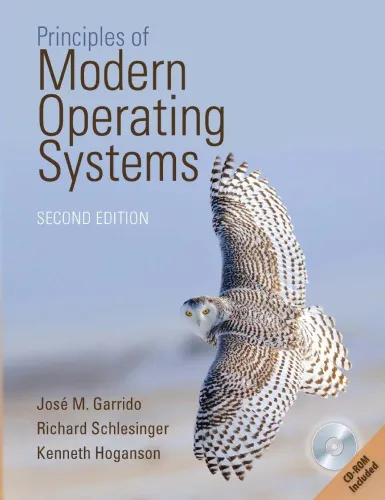

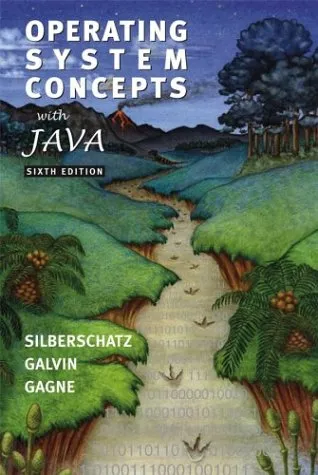
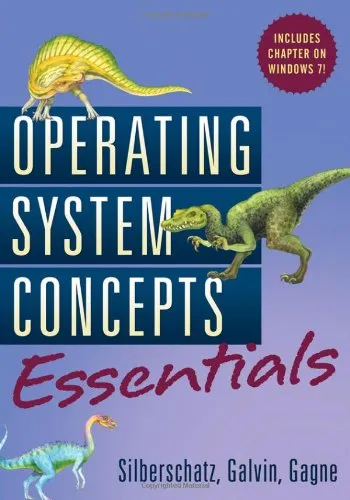
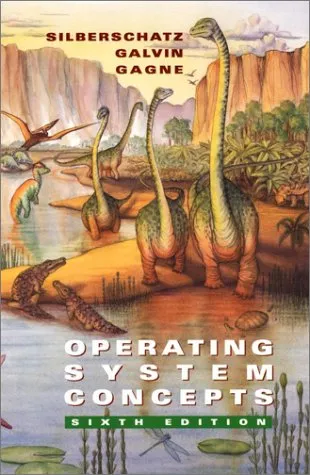

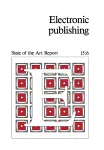
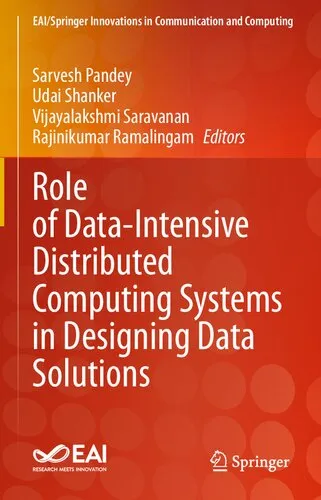
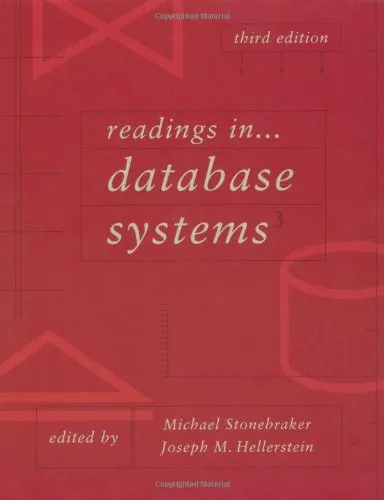
![Seven Databases in Seven Weeks [2nd ed.]](https://s3.refhub.ir/images/thumb/Seven_Databases_in_Seven_Weeks__2nd_ed_31293.webp)
